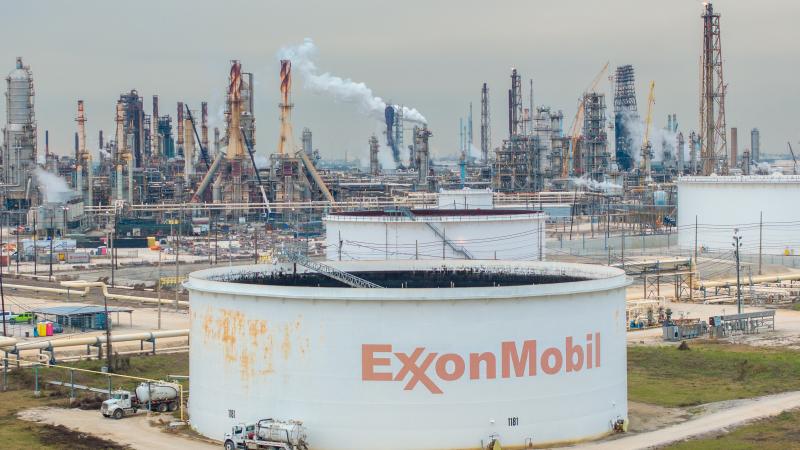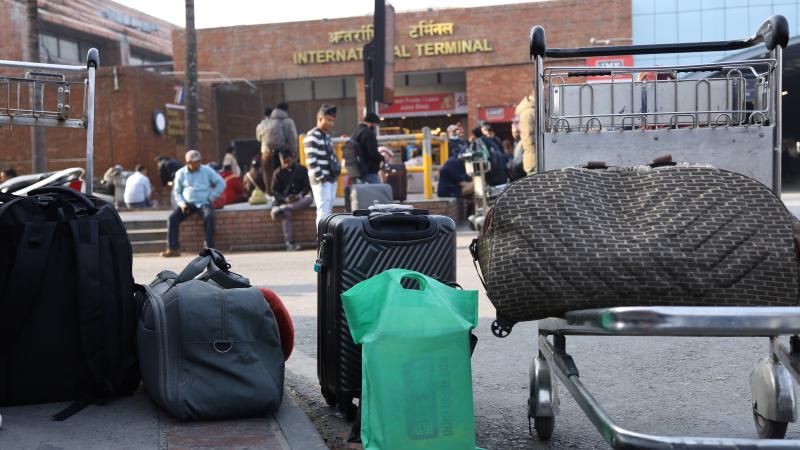Washington Tri-Cities lawmakers eye nuclear facilities tax break, wind farm fire concerns
The state has about a dozen notable large-scale wind farms, mostly located in central and southeast Washington. Some are spread across high ridges and mesas in dry, rocky terrain that can be difficult to navigate for firefighters on the ground, prompting reliance on aerial assistance
A state legislator from the Tri-Cities has introduced bills aimed at providing tax incentives for nuclear facilities manufacturers and is collaborating with a senate colleague to address potential threats posed by utility-scale wind turbines to aerial wildfire suppression in Washington state.
Rep. Stephanie Barnard, R-Pasco, has proposed House Bill 2120 and House Bill 1981, which she says would foster economic opportunities, create jobs, and position the region “as a hub for cutting-edge clean nuclear energy technology.”
Barnard’s 8th Legislative District is adjacent to the U.S. Department of Energy’s Hanford Nuclear Reservation, and DOE’s Pacific Northwest National Laboratory is based in Richland.
As drafted, HB 2120 would offer “targeted urban area” property tax exemptions for clean energy manufacturers. The bill expands on legislation passed in 2022 with HB 1386, which provides exemptions to manufacturers in TUAs who meet specified job targets. Barnard said her bill would provide additional time for nuclear facilities manufacturers to address review requirements by the U.S. Nuclear Regulatory Commission.
“Washington state is committed to achieving world-class clean energy production,” Barnard said in a press release. “My bill seeks to attract new businesses in advanced nuclear fuels supporting our state’s decarbonization initiatives.”
Barnard’s other proposal, HB 1981, would provide a “preferential” business-and-occupation tax rate as an incentive to nuclear energy manufacturing. The measure calls for a B&O tax rate of 0.25% for businesses in retail sales, manufacturing, and processing of nuclear fuels and assemblies. If approved, the tax break would expire on Jan. 1, 2036. Washington’s current retail B&O tax rate is 0.471% of gross receipts, according to the state Department of Revenue.
“Any potential lost revenue from these incentives is insignificant compared to the economic development, new jobs, and increased tax base it brings, opening the door to prosperity for the entire state,” said Barnard.
Both HB 2120 and 1981 have been referred to the House Finance Committee for consideration.
Separately, concerns posed by utility-scale wind turbines in aerial suppression of wildfires prompted Barnard and fellow 8th District Republican Sen. Matt Boehnke of Kennewick to introduce companion measures intended to enhance protection efforts.
The state has about a dozen notable large-scale wind farms, mostly located in central and southeast Washington. Some are spread across high ridges and mesas in dry, rocky terrain that can be difficult to navigate for firefighters on the ground, prompting reliance on aerial assistance. Currently, a state energy facilities siting commission is reviewing an application for the proposed Horse Heaven Hills turbine/solar project in Benton County. If approved, it would be the state’s largest wind farm with over 200 turbine units.
Barnard and Boehnke say House Bill 2117 and its companion measure in the senate would require applicants to get approval from responsible agencies and fire officials regarding location and height specifications of turbine units as an assessment of aerial firefighting capabilities in communities vulnerable to wildfires.
“Aerial firefighters, crucial in suppressing wildfires, face limitations when wind turbines exceed 496 feet in height, creating a significant obstacle in their flight path. With commercial wind turbines reaching upwards of 500 feet, pilots navigating firefighting missions are hindered in their ability to combat fires effectively,” said Barnard and Boehnke in a press release.
HB 2117 has been scheduled for a public hearing on Monday, Jan. 15, in the House Environment and Energy Committee. The companion bill, Senate Bill 6188, has been referred to the Senate Local Government, Land Use and Tribal Affairs Committee and is expected to receive a public hearing date within the next several days.
Washington’s current 60-day legislative session began Monday and is scheduled to end on March 7.















